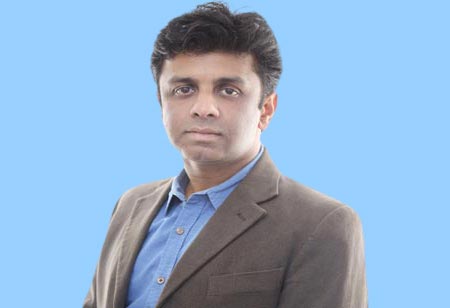India is showing the right intent in adapting to e-Mobility at a substantial speed and along with it the assembling and manufacturing of EV battery is also picking up steadily.
The business of manufacturing lithium-ion EV batteries is understandably seeing a lot of action as everybody is rushing in to try and make the most from the latest sunrise industry.
Manufacturing lithium-ion batteries is not a one size fits all venture; batteries for cars and other 4-wheelers require an entirely different set of core competencies than say, batteries for 2-wheelers and 3-wheelers.
While it’s great that the battery space has generated a lot of interest amongst both early-stage entrepreneurs and large companies, the problems to make an efficient, reliable and safe battery pack are not easy. I do expect that the good will be separated from the also-rans in the industry based on efforts put into R&D, specifically in the areas of prolonging battery life without increasing costs, fast charging of batteries, robustness of batteries to handle various environmental conditions, better battery management systems and most importantly, around making battery packs safer than ever.
Besides focusing on the above problems, we at Lohum offer a closed loop Li-ion battery solution that is creating a fresh perspective to a greener and sustainable future for energy storage. Lohum produces first life batteries for EV sector, 2nd life batteries for the storage sector and recovers critical battery raw materials through extraction at battery end-of-life.
The focus on developing battery technologies locally gives a huge fillip to EV adoption across price sensitive markets like India and creates opportunities to penetrate even the hinterlands by reducing costs throughout the life cycle of the battery. Moreover, every single battery comes with an end life, and brings with it the question of safe disposal or recycling. Battery companies and vehicle OEMs will need to have an effectual end-of-life strategy.
Aggressive investments in developing full stack li-ion battery recycling technology to recover battery raw materials makes Lohum a key driver of growth in the global battery ecosystem.
Lohum’s life cycle model is defined by two core technologies—battery reuse (second life) and battery material extraction (recycling). The process sounds simple on paper- gathering used batteries and reuse them to create new battery packs for low-power applications among vehicles such as e-rickshaws and storage applications but involves a lot of research and obstructions to filter good from the dead.
-
While it’s great that the battery space has generated a lot of interest amongst both early-stage entrepreneurs and large companies, the problems to make an efficient, reliable and safe battery pack are not easy
The major problems faced by manufacturers is an over-dependency on international suppliers for a continuous supply of good quality cells for battery packs or securing raw materials for making cells. Lohum’s supply chain solution targets exactly those two areas of struggle by delivering cells and rare earth materials that will keep the battery manufacturing supply chain fulfilled.
Reusing and recycling results in stabilizing the supply chain, alleviating resource constraints and eventually in creating a circular economy. This results in a huge positive impact on environment by reducing carbon credits and conserving valuable raw materials.
As the industry starts assuming scale, there will be a need for greater automation, better OEM and customer service and enhanced standards across the ecosystem. We are still in early days of the market but I do see India becoming a competitive alternative to China for supplying Lithium Ion Battery Packs to the entire world.
There certainly are hurdles to overcome, but the potential is immense both in terms of job opportunities as well as bringing much needed export revenues to the country.
